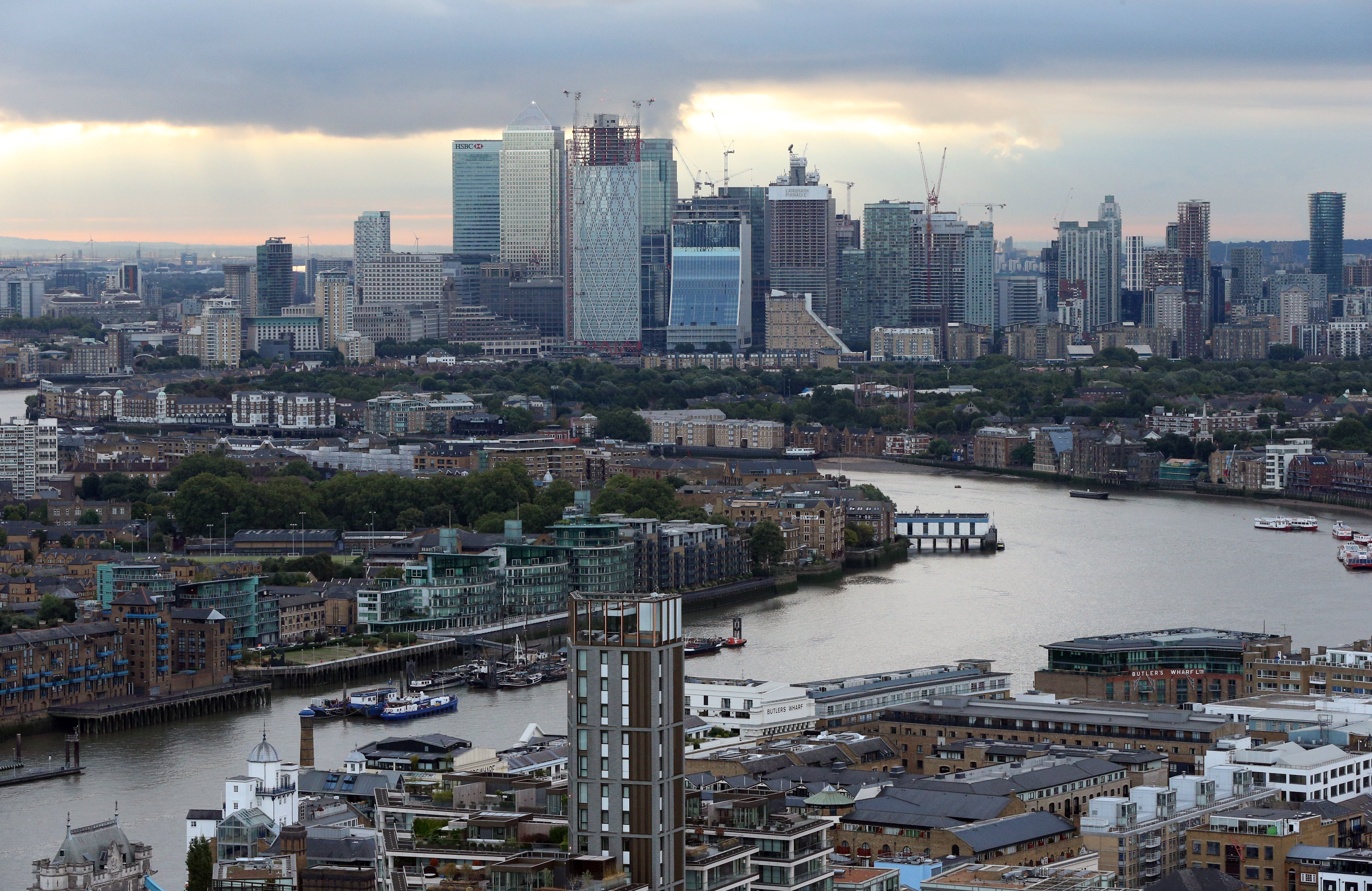Why do we bother making economic predictions? They’re nearly always wrong
Hardly anyone spotted how serious the pandemic would turn out to be, even in early 2020, writes Hamish McRae


It’s that time of the year when the papers are filled with predictions about the politics, the economy, financial markets, sport, and so on. But we all know not only that many of them will be wrong, as you would expect, but the really big events – the things that change everything – are almost always missed.
Hardly anyone spotted how serious the pandemic would turn out to be, even in early 2020. Cambridge University did a study on this and concluded that while the expert epidemiologists and statisticians did better than the general public, both substantially underestimated the true extent of the pandemic.
That was last year. What about this? Much of what I expected has been wrong: too optimistic about the progress of UK shares and sterling, too pessimistic about house prices and US high technology stocks. So why do it – aside from the masochistic pleasure of making a fool of oneself?
I think the answer is that we all in our daily lives have to make predictions, either explicitly or implicitly, so seeing what others come up with enables us to clarify our own ideas.
Anyone planning a holiday next year is making a judgement as to whether we will be able to travel abroad, or whether to think of options in the UK again. Anyone thinking of changing jobs is making an assumption about the strength and direction of the job market. Anyone considering moving house is making similar calculations. Even doing nothing involves a choice, which to some extent is affected by the general economic and social outlook.
There is a twist. We all know people – friends, family, workmates and so on – who generally seem to be right in their judgements, and those who are pretty consistently wrong. It is nothing to do with being clever or well-educated, for some of the cleverest people seem to make some of the biggest mistakes.
Maybe it is difficult for someone who is supposedly an expert to acknowledge they don’t know what will happen. But it has more to do with understanding uncertainty: the need to bolt down what we do know, and being honest about what we don’t.
Apply that to the world economy now. We know there is an economic cycle and that we have just had a humdinger of a recession. So, by rights, we should still be in the early stages of recovery. We also know that every cycle is different, so thinking of the year ahead, it is certainly possible that there could be an early-cycle setback. We know there has already been a lot of inflation in our daily lives, everything from house prices to the gas bill, and it looks as though there is a lot more to come.
But we don’t know whether by the end of this year things will be damping down of their own accord, or whether interest rates worldwide will climb in an effort to squash them. We know rates will go up; but we don’t know how fast, or how high they will go.
Looking at the UK, we can see huge demand for labour, the strongest job market for a generation. That won’t change suddenly. Indeed, this is likely to be one of the dominating features of the year. The question is whether this will last for a couple of years or be a feature of this whole decade.
If the latter, that will be great for people, particularly young people, with the skills that are in demand. Somehow, wages have to rise enough relative to house prices that people starting out can afford to buy their own homes.
As for finance, the question really is how long the boom in asset prices will continue. US shares are ending the year close to all-time highs, European and UK shares are up, but not quite in such a heady way. In fact, the UK still seems relatively unfashionable for investors, and we don’t know how long that will continue.
The greatest uncertainties concern the “new” assets, crypto-currencies, non-fungible tokens and so on. At some stage fashions will shift, as they always do, but that could be a long way off. I know what I think, which is that this is madness, but this is equally a “be honest about what you don’t know” situation.
To keep up to speed with all the latest opinions and comment sign up to our free weekly Voices Dispatches newsletter by clicking here
As for wider uncertainties, such as the great global political issues, I’m not sure there is a lot to be said. This will be the decade when China probably becomes the world’s largest.
There is a new prediction from the Centre for Economic and Business Research suggesting it passes the US around 2030. That will be a difficult moment for America, and indeed the world. There are huge uncertainties, and worries, about the environment.
Whether there is anything truly new – for better or worse – that will happen in the next year or so is unclear. But just because things are difficult, they should not need to be terrible. So a year of modest progress? I hope so.






Join our commenting forum
Join thought-provoking conversations, follow other Independent readers and see their replies
Comments